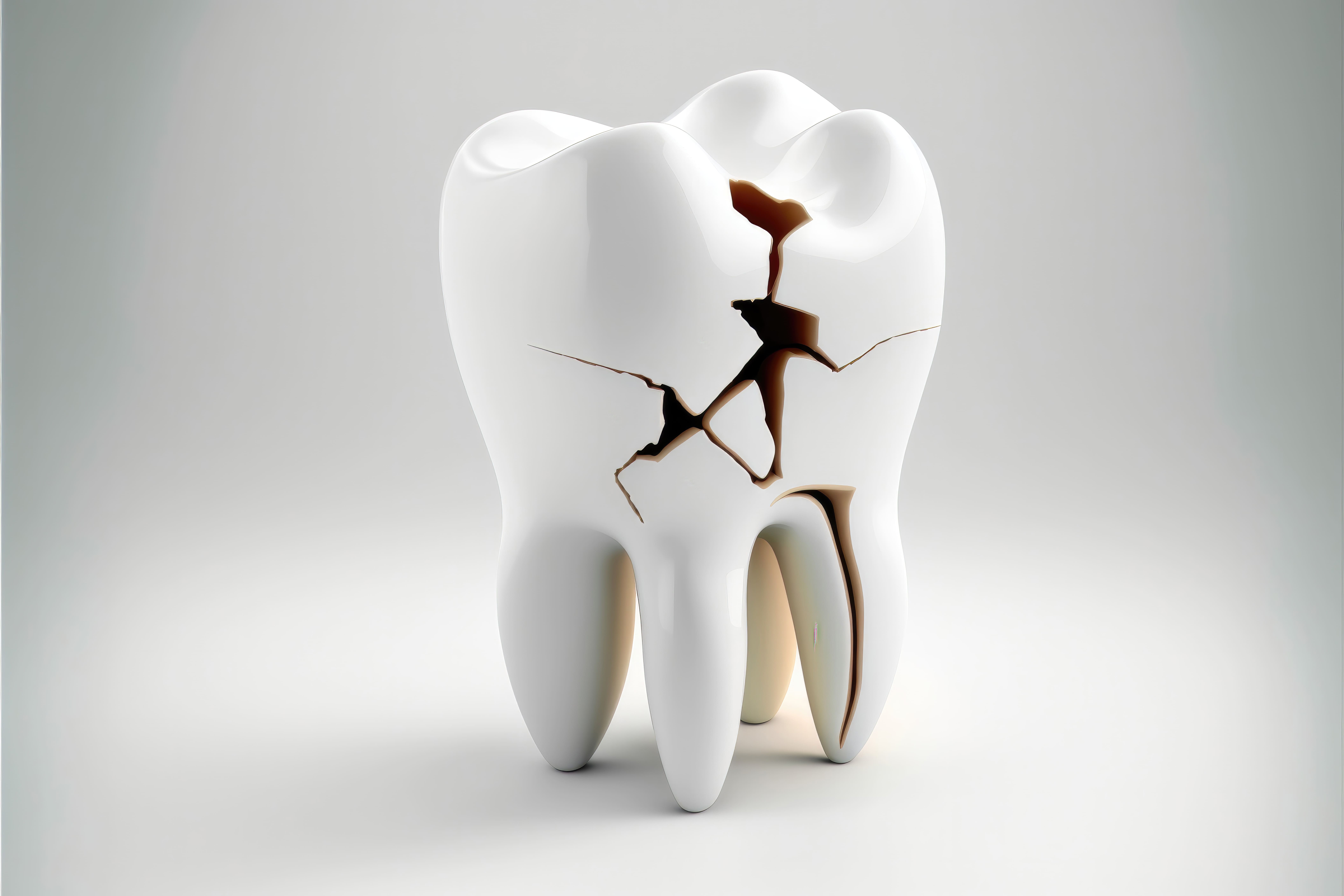It’s hard to predict when a situation will warrant urgent care, so, if something unexpected does happen, it’s important that you and your family can access quality dental treatment as soon as possible.
Being able to tell when a problem demands immediate attention and when something can wait until the next day is also essential. Read on to learn more about dental emergencies and if you have questions, please reach out to the staff at our local dental office.
Common Oral Health Emergencies
-
Toothaches:
Dental decay, gum disease, or dental trauma are only a few causes of toothaches. They can range in intensity from slight discomfort to intense pain, and they need to be treated right away by a dentist in order to find and treat the underlying cause.
-
Chipped or broken teeth:
Teeth that have been chipped or broken may be the result of mishaps or accidents. Sharp edges, discomfort, sensitivity, and cosmetic issues can come from this. It’s crucial to seek dental care right away in order to analyze the harm and decide on the best course of action, which, depending on the severity of the injury, may entail veneers, dental crowns, or dental bonding.
-
Knocked-out teeth:
Teeth that have been entirely knocked out require quick attention. Locate the tooth, grasp it by the crown to avoid touching the root, gently clean it with water if it’s filthy, and if at all feasible, attempt to place it back into the socket. If you are unable to do so, place the tooth in milk or saliva and visit the dentist as soon as possible. Professional assistance when it’s needed might help save the tooth.
-
Loose teeth:
Adults shouldn’t have loose teeth unless there is a serious underlying condition. Teeth can become loose due to gum disease, dental trauma, or bruxism (grinding of the teeth). It’s crucial to see a dentist as soon as possible to identify the issue and begin the proper therapy to stabilize the tooth or take care of the underlying issue.
-
Oral infections:
They can cause excruciating pain, fever, swelling, and overall discomfort. Dental abscesses and gum infections are two examples of oral infections. To stop the infection from spreading and treat the symptoms, many illnesses require rapid dental care. Antibiotics, abscess drainage, or other suitable treatments may be used as part of the treatment.
Symptoms of a Dental Emergency:
- Severe pain: Severe or intolerable tooth pain, particularly when it lingers or becomes worse, may indicate a dental emergency. It can be an indication of an underlying problem like a serious tooth infection, a dental abscess, or severe tooth damage.
- Bleeding: A dental emergency may be characterized by excessive bleeding from the mouth, gums, or tooth socket. Trauma, damage, or an oral infection are all potential causes of this. The need for quick dental care arises if bleeding is excessive and does not cease despite light pressure.
- Swelling: A facial, gum, or jaw swelling may indicate an oral infection, an abscess, or trauma. Swelling of the face might make it difficult to open your mouth or swallow. Get prompt dental care if the swelling is worsening quickly or is accompanied by excruciating pain.
- Speaking or eating difficulties: If you have trouble speaking or eating, it might be a clue that you have a dental issue at the root. This could involve broken or loose teeth, extensive gum disease, or tooth fractures. Any difficulty doing these common tasks should be addressed right away at a clinic that offers emergency dentistry near you.
Steps to Take in a Dental Emergency
It is critical to act fast in a dental emergency. First, maintain your composure and evaluate how serious the issue is. To discuss the issue, speak with your regular dentist or look for emergency dental care. If there is bleeding, gently rinse your lips and press with a fresh piece of cloth. To lessen discomfort and minimize swelling, apply a cool compress.
A knocked-out tooth should be handled gently, cleaned if necessary, and then attempted to be reinserted. It might even be preserved in saliva or milk. Hold off on self-treatment and wait for professional dental care.
Remember that the best way to handle an emergency dental situation is to get early assistance from a dentist near you.
Comfort Family Dental is an excellent choice to consider in case of a dental emergency. Our expertise allows us to assess and address a wide range of dental emergencies, from severe toothaches and broken teeth to knocked-out teeth and oral infections. With our experienced and caring dentist in Sundance, you can expect to receive prompt and professional attention during your dental emergency. Get in touch with us today!


